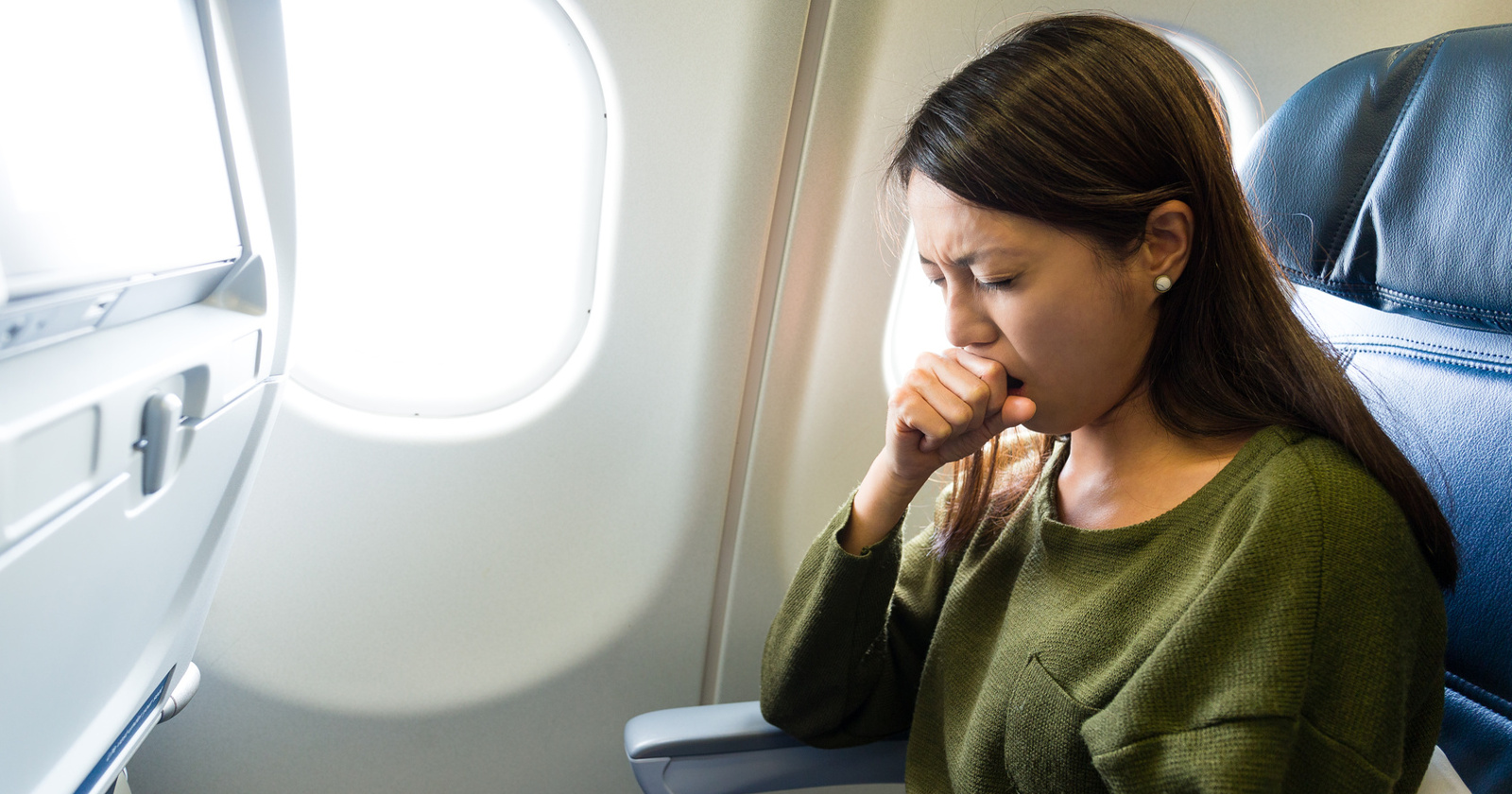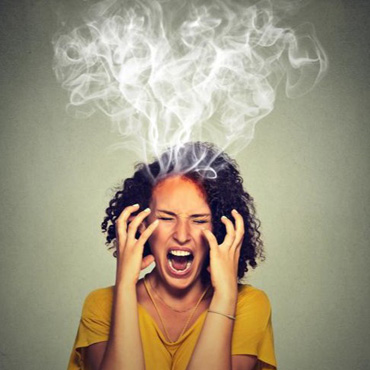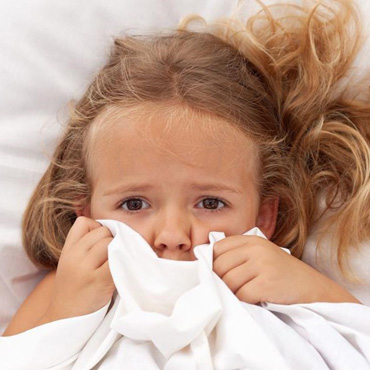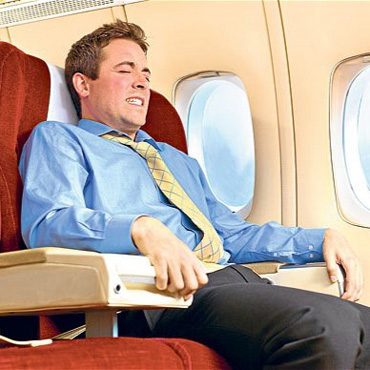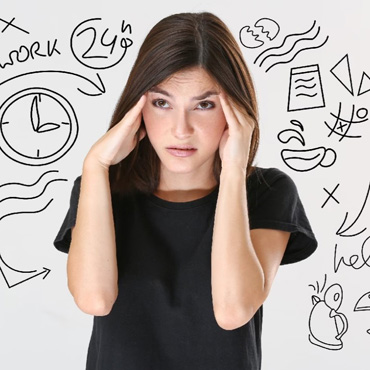Managing Fear of Flying in Anxiety Treatment
The fear of flying, also known as aviophobia, can be a debilitating anxiety disorder that significantly impacts individuals' ability to travel by air. Here's how addressing the fear of flying is crucial in anxiety treatment:
Understanding the Fear of Flying
- Aviophobia is characterized by intense fear and anxiety associated with air travel, including anticipation of the flight, being at the airport, and during the flight itself.
- Individuals may experience symptoms such as panic attacks, rapid heartbeat, sweating, trembling, and difficulty breathing when faced with flying.
Therapeutic Approaches for Fear of Flying
- Therapy plays a pivotal role in treating the fear of flying, helping individuals confront and overcome their anxiety surrounding air travel.
- Therapists use various techniques to desensitize individuals to flying-related stimuli and teach coping strategies to manage anxiety.
Exposure Therapy
- Exposure therapy is a highly effective treatment for aviophobia, involving gradual exposure to flying-related stimuli or situations.
- Individuals are gradually exposed to elements of air travel, such as visiting airports, watching videos of flights, and eventually taking short flights.
- Through repeated exposure, individuals learn to tolerate and eventually overcome their fear of flying.
Cognitive Restructuring
- Cognitive restructuring helps individuals challenge and change irrational beliefs and thoughts about flying.
- By identifying and replacing distorted thoughts with more realistic and balanced ones, individuals can reduce anxiety and fear associated with air travel.
Relaxation Techniques
- Teaching individuals relaxation techniques, such as deep breathing, progressive muscle relaxation, and visualization, can help alleviate anxiety associated with flying.
- These techniques promote relaxation and reduce physiological arousal, making it easier for individuals to cope with the stress of flying.
Education and Preparation
- Providing education about the safety and mechanics of air travel can help individuals understand that flying is a safe and routine activity.
- Preparing individuals for the flying experience, such as familiarizing them with airport procedures and flight protocols, can help reduce uncertainty and anxiety.
Medication Management
- In some cases, medication may be prescribed to help manage symptoms of aviophobia, particularly if they are severe or debilitating.
- Medications such as benzodiazepines or certain antidepressants may help reduce anxiety symptoms associated with fear of flying.
Support Networks
- Building a support network of understanding friends, family members, or support groups can provide invaluable emotional support during treatment for aviophobia.
- Having someone to talk to and share experiences with can help individuals feel less alone and more motivated to confront their fear of flying.
Conclusion: Conquering the Skies
In conclusion, addressing the fear of flying is a crucial aspect of anxiety treatment, helping individuals confront and overcome their anxiety surrounding air travel. Through aviophobia treatment, therapy, exposure techniques, cognitive restructuring, relaxation techniques, education, and support networks, individuals can learn to manage their fear of flying and regain confidence in air travel. My comprehensive fear of flying therapy and flight anxiety counseling provide individuals with the tools they need to conquer their fear of flying and experience the freedom to travel without anxiety. With the right support and treatment, individuals can conquer their fear of flying and experience the freedom to travel without anxiety.


